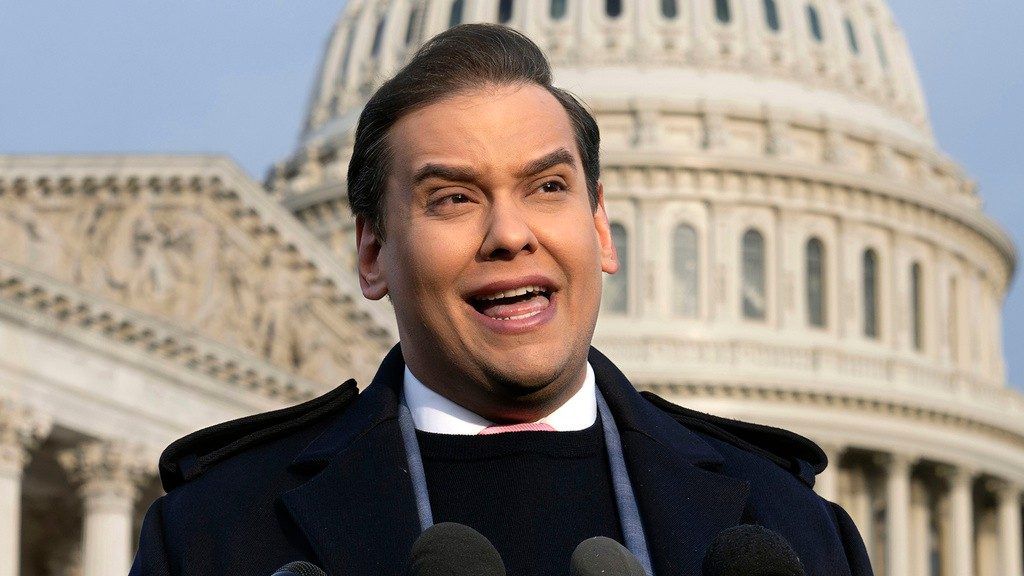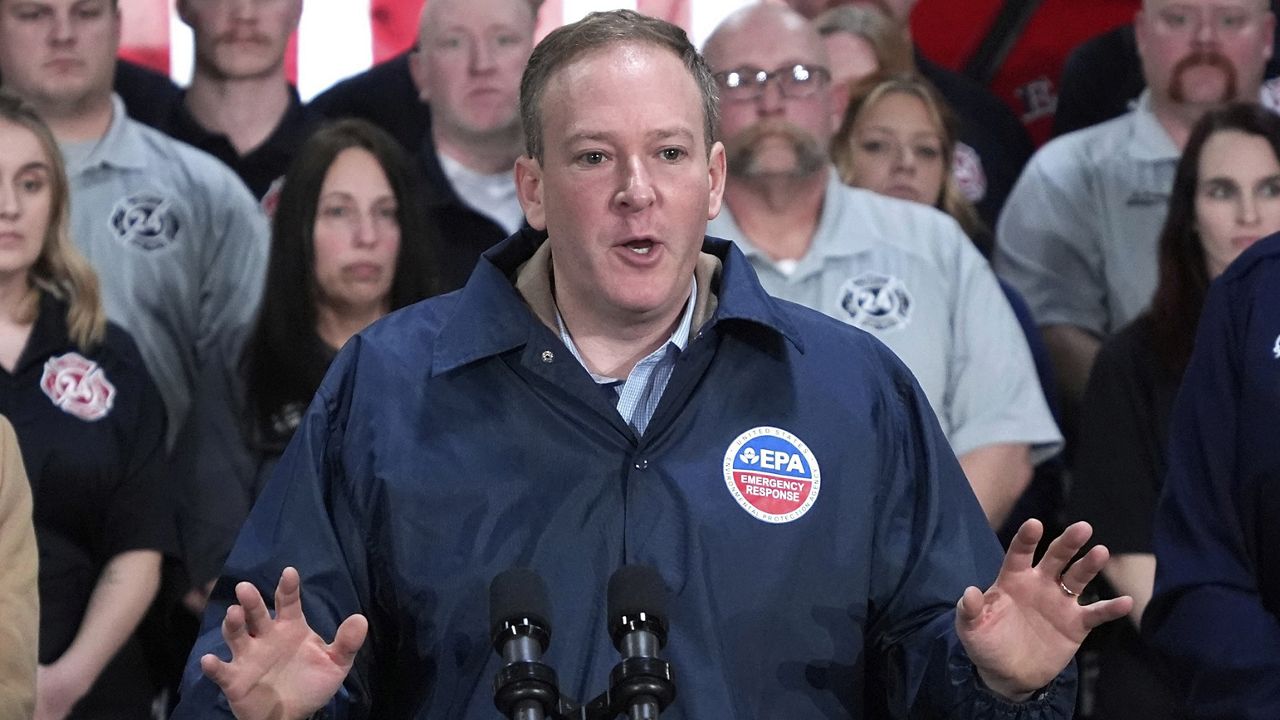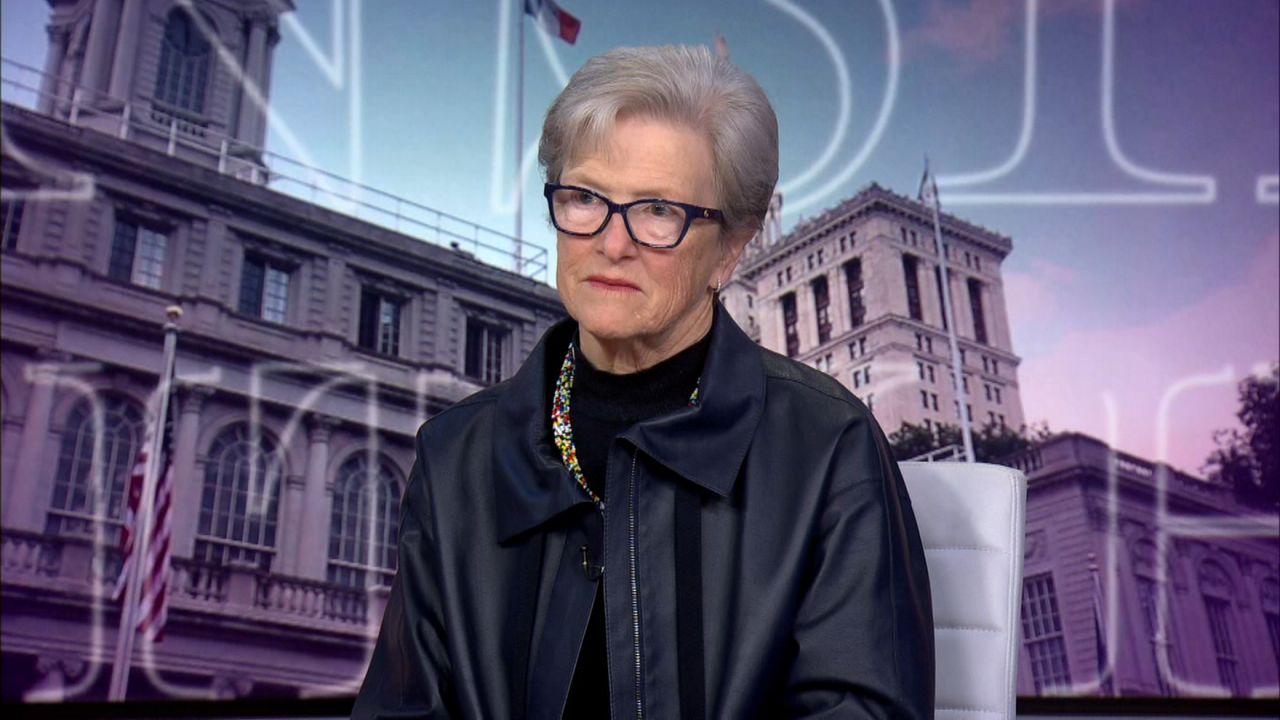Carlo Barrera said he misses teaching at the Speyer School, where he taught at for four years as an elementary school science teacher, and still keeps in touch with some of the families and students at the Upper West Side private school. Back in 2020, he did what he calls one of the hardest things he’s ever done — giving up his teaching career.
“It was the saddest day of my life because they threw me a surprise going away ceremony. Honestly I don’t remember ever crying as much," he said.
What You Need To Know
- Deferred Action for Childhood Arrivals, also known as DACA, was passed in 2012 during the Obama Administration
- DACA gives temporary legal status to people who were brought to the U.S. as children and allows them to reside and work
- DACA recipients, or Dreamers, have to renew their status every two years
Barrera quit teaching to move to California in search of more diverse work experience to be more employable overseas and was worried he'd be deported. He was born in Mexico and came to the U.S. with his family when he was 6-years-old in 1993. He came on a tourist visas and stayed in the country illegally. That changed in 2012, with the passage of Deferred Action for Childhood Arrivals, also known as DACA.
“That completely changed my life. It opened a million doors that I didn't know were there to be totally candid,” Barrera said.
DACA gives temporary legal status to people who were brought to the US as children and allows them to live and work. He graduated college and moved to New York, where he lived for seven years. Those years were filled with uncertainty. DACA recipients, or Dreamers, have to renew their status every two years. Barrera said he hoped that by now U.S. Congress would pass a clear pathway to citizenship for Dreamers.
“When someone asks you what your 5 year plan is, as a DACA recipient, as a Dreamer you can’t answer that question truthfully,” he said.
Barrera is happy to be back in New York working for an e-commerce company remotely. He misses teaching but said he doesn't want to commit to anything until his temporary status is renewed again next year, hoping Washington D.C. comes up with a permanent solution.
“It’s the 10-year anniversary, and we are at the same place where it’s back at square one to where it started in 2012," Barrera said.







